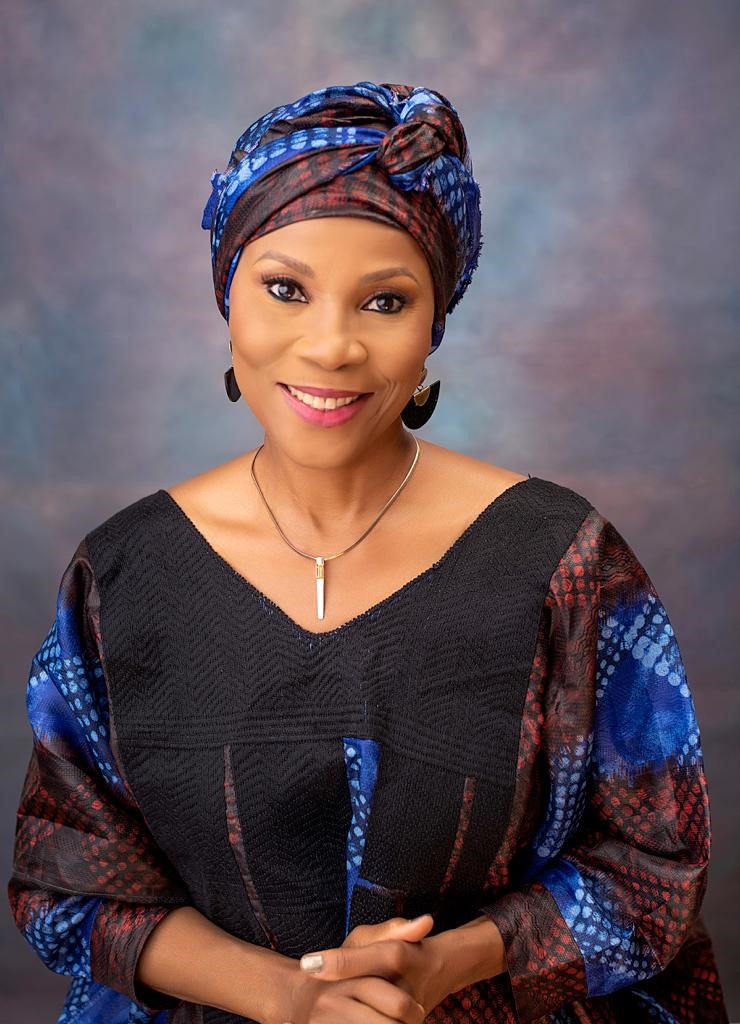Rethinking Human Security and Economic Development in Africa: Addressing Multidimensional Challenges and Shaping the Future Beyond 2030
August 20, 2025 10:30-12:10(JST)
- Date
- 2025/8/20 (Wed)10:30-12:10(JST)
- Field
- High-level events
- Venue / Event Format
- Yokohama Bay / Hybrid (In-person and Online)
- Co-Host
- UNDP, UN Human Security Unit
Background
The concept of human security emerged in the early 1990s as a response to the limitations of traditional state-centric approaches, which. defined security in terms of national sovereignty and military defense. However, the 1994 UNDP Human Development Report introduced a groundbreaking shift in thinking by emphasizing security for individuals rather than just states. This new framework underscored the importance of freedom from fear, freedom from want, and freedom to live in dignity, recognizing that threats to security are not limited to armed conflict but also include poverty, inequality, health crises, and environmental degradation. Since then, human security has been further developed through various UN Secretary-General’s Reports on Human Security (2010, 2012, 2014, and 2024), which have helped frame global discussions on risk-informed, prevention-oriented, and people-centered security approaches. The 2022 UNDP Special Report on Human Security, titled “New Threats to Human Security in the Anthropocene: Demanding Greater Solidarity,” expanded the framework to account for emerging threats such as climate change, pandemics, digital disruption, and social fragmentation.
Africa remains one of the most vulnerable regions to multidimensional security threats, requiring urgent and comprehensive solutions. The continent faces persistent and interlinked challenges that threaten peace, stability, and sustainable development.
Recognizing these challenges, the 2025 Africa Human Security Report (AHSR)—a joint initiative by the UNDP Regional Bureau for Africa (RBA) and the UN Human Security Unit (HSU)—aims to assess the state of human security in Africa and propose actionable solutions for governments, development partners, and civil society actors.
The Tokyo International Conference on African Development (TICAD), launched in 1993, has become one of the most important multilateral platforms for Africa’s development. Co-organized by the Government of Japan, the African Union Commission (AUC), UNDP, the UN, and the World Bank, TICAD has historically emphasized peace, governance, and human-centered development. TICAD9 (August 2025, Yokohama, Japan) will serve as a timely opportunity to:
• Reposition human security as a core pillar for Africa’s future development.
• Align global and regional strategies to address Africa’s evolving human security challenges.
• Strengthen partnerships between African governments, international donors, and the private sector
This high-level thematic event will serve as a key platform to highlight the findings of the Africa Human Security Report and advance the discussion on how human security can shape policy, governance, and multilateral cooperation for Africa’s future.
Key Questions
- (1) What is the relevance/ justification of human security in Africa in the current geopolitical context?
- (2) How can the human security paradigm inform policy and practice for the achievement of the SDGs and Agenda 2063?
- (3) What are the key entry points for action by development practitioners? What is the role of the public and private sector?
Objective
- (1) Assess the relevance of human security in Africa’s evolving geopolitical landscape.
- (2) Highlight the role of human security in achieving the SDGs and Africa’s Agenda 2063.
- (3) Identify actionable entry points for governments, the private sector, and civil society.
- (4) Showcase insights from the Africa Human Security Report (AHSR) and explore its policy implications.
- (5) Foster dialogue on strategies for enhancing Africa’s resilience and leadership in global human security governance.
Speakers
- Amb. Yukio Takasu
- Special Adviser to UN Secretary-General on Human Security
- Two African Heads of States (Male and Female)
- Dr. Mohamed Ibn Chambas
- African Union High Representative for Silencing the Guns
- JICA President

- Ms. Ahunna Eziakonwa
- Regional Director for Africa, UNDP
- (potentially) A female practitioner /influencer/ thought leader of HS
- Ms. Minori Takao
- NHK World News Anchor (moderator)


